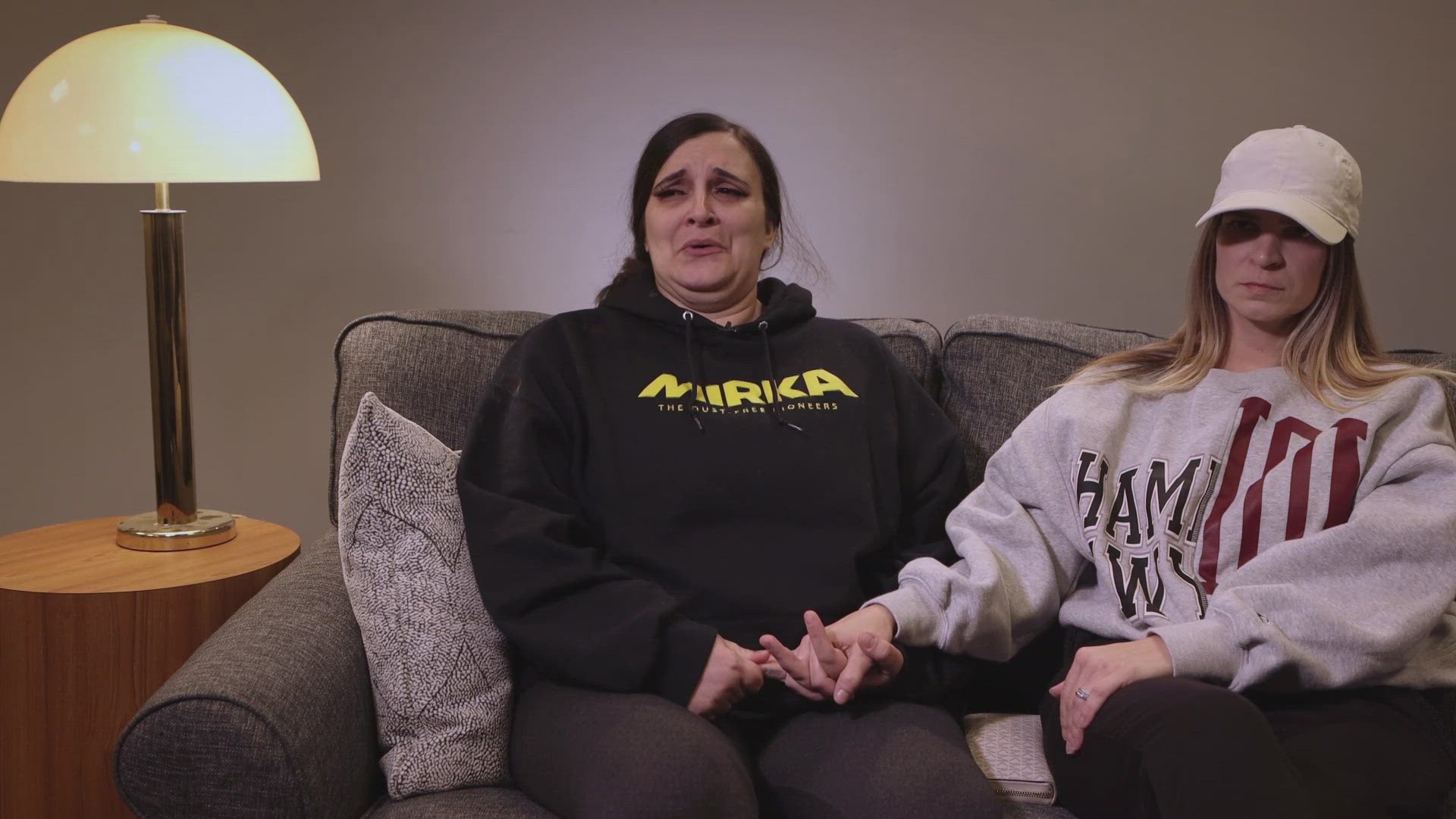ST. LOUIS — Scammers are posing as contact tracers to get people's personal and financial information, the Better Business Bureau warned Monday.
Some scammers are trying to reach people through unsolicited text messages, email or social media messages, informing them they have been exposed to the coronavirus, according to a press release from the BBB. Instead, the link may download malware to their device.
They are also using robocalls to tell people they have been exposed to the virus and when the victim asks to speak to a representative, the victim may be asked for personal information.
A legitimate contact tracer will make contact by phone or text message and will always self-identify as a representative from a health department, the BBB said. The contact tracer could ask for personal information such as name, address and birth date, but will never ask about financial information. Another red flag: a contact tracer will never reveal the names of anyone else who has tested positive for COVID-19.
The BBB offered the following tips:
- Be careful with unsolicited calls, emails, texts or social media messages asking for your banking information. Scammers posing as contact tracers may insist this is personal information they need to verify before proceeding, but real, government-employed contact tracers will never ask for this.
- Double-check the URL in any unsolicited link. Scammers often buy official-looking URLs to use in their cons. Be careful that the link is really what it claims to be. If the message alleges to come from the local government, make sure the URL ends in .gov. When in doubt, perform a separate internet search for the website.
- Know your sender. Don’t click, download, or open anything that comes from an anonymous sender. This is likely an attempt to gain access to your personal information or install malware on your computer.
- Be cautious of generic emails. Scammers try to cast a wide net by including little or no specific information in their fake messages. Always be wary of unsolicited messages that don't contain your name, last digits of your account number or other personalizing information.
People may report scams on the BBB Scam Tracker.



